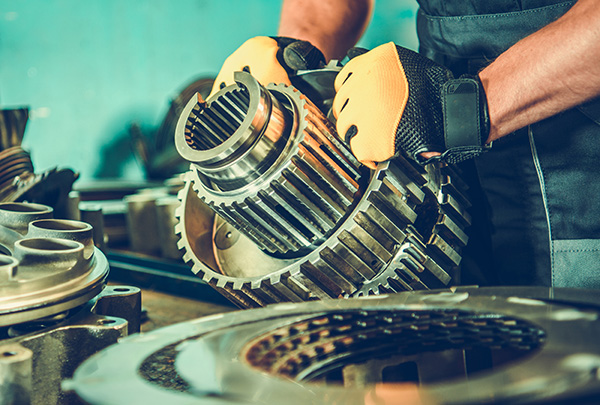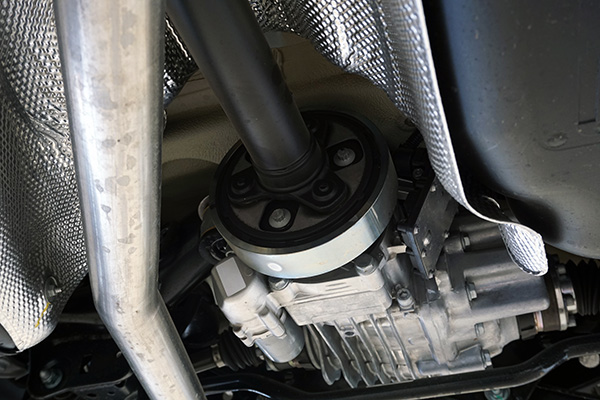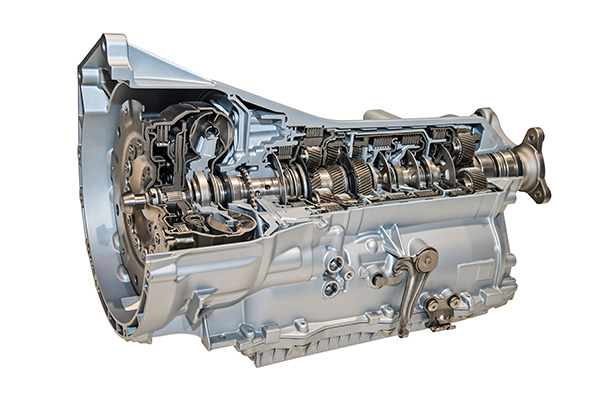Posted on 12/19/2025

Towing a trailer through the mountains asks more from your vehicle and from you as a driver. Long climbs, steep descents, and tight curves can turn a simple trip into a real test if you are not prepared. With the right prep and driving habits, you can keep control, protect your brakes and transmission, and make the trip feel a lot less stressful. Why Mountain Towing Is Different From Flatland Driving On flat highways, your tow setup might feel relaxed and stable. In the mountains, gravity is constantly working against you. You need more power to climb, more control to come back down, and more awareness of how heat builds up in brakes, transmission fluid, and engine cooling systems. The extra weight of the trailer makes every mistake bigger. If speed gets away from you on a downhill, it takes much longer to slow down. If your trailer is not balanced correctly, crosswinds and curves can push the rig around in ways that are hard to correct. Treating mountain towing as ... read more
Posted on 11/28/2025

Bigger tires, heavier armor, and steeper trails make many Land Cruiser owners think about gearing. The goal is simple, get usable torque off-road without ruining highway manners. Because Cruisers use both a transfer case low range and axle ring-and-pinion gears, you have more than one path to the right crawl ratio. Here is a practical guide to choosing ratios that match your tire size and driving mix. Gearing Basics: Axle Ratios, Low Range, and Crawl Ratio Your final drive at the wheels is a stack of multipliers. In 4-Low first gear, engine torque passes through the transmission’s first gear, the transfer case low range, and the axle ratio before it reaches the tires. Multiply those together and you get the crawl ratio. Taller tires undo some of that multiplication because a larger rolling circumference reduces torque at the ground. That is why trucks with 35s or 37s often feel lazy on hills unless you add gear reduction. When Regearing Makes Sense ... read more
Posted on 10/31/2025

Gear oil is one of those fluids that doesn’t receive much attention compared to engine oil or coolant, but it is essential for keeping your vehicle’s differential and axles working properly. Without the right lubrication, metal gears inside the differential can grind, overheat, and wear out far too quickly. Unfortunately, a few common mistakes with gear oil can lead to expensive repairs and even total axle failure. Let’s take a closer look at five gear oil mistakes that vehicle owners often make and why they should be avoided. 1. Ignoring Gear Oil Replacement Intervals Gear oil doesn’t need to be changed as frequently as engine oil, but that doesn’t mean it lasts forever. Over time, it breaks down from heat, pressure, and contamination. Most manufacturers recommend changing differential fluid between 30,000 and 60,000 miles, depending on driving conditions and vehicle use. Skipping this maintenance can lead to dirty, degraded oil that ... read more
Posted on 9/26/2025

When it comes to heavy-duty vehicles, towing performance, or off-road builds, the design of the axles plays a significant role in both durability and capability. If you’ve ever looked into upgrading your axle setup or had work done on your differential, you may have heard the terms "full-float" and "semi-float." These refer to how the axle handles load and torque—and the differences matter more than most drivers realize. Understanding these two axle types helps you make informed decisions, whether you're customizing a truck, hauling serious weight, or simply curious about how your drivetrain works. What Does “Float” Mean in Axle Terms In basic terms, the word “float” describes how the axle shaft supports weight and handles motion. In a semi-float axle, the shaft itself bears the weight of the vehicle and transmits power from the differential to the wheels. In a full-float axle, the shaft’s only job is ... read more
Posted on 8/29/2025

Over the past couple of decades, the number of gears in modern vehicle transmissions has increased dramatically. Where four- and five-speed transmissions used to be the norm, it is now common to see eight, nine, or even ten gears in automatic vehicles. Manufacturers often advertise these extra gears as a sign of improved performance and efficiency. But does more always mean better? The truth is, the answer depends on how the transmission is designed, how the vehicle is used, and what the driver values most. Why Automakers Add More Gears One of the main reasons manufacturers add gears is to improve fuel economy. With more gears, the transmission can keep the engine running in its most efficient RPM range more often. Higher gear counts also allow for lower engine speeds on the highway, which reduces fuel consumption and engine wear. Extra gears can also improve acceleration. Shorter lower gears get the vehicle moving faster, while higher gears at the top end improve ... read more